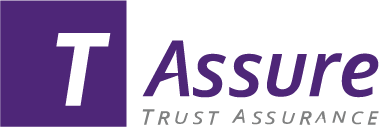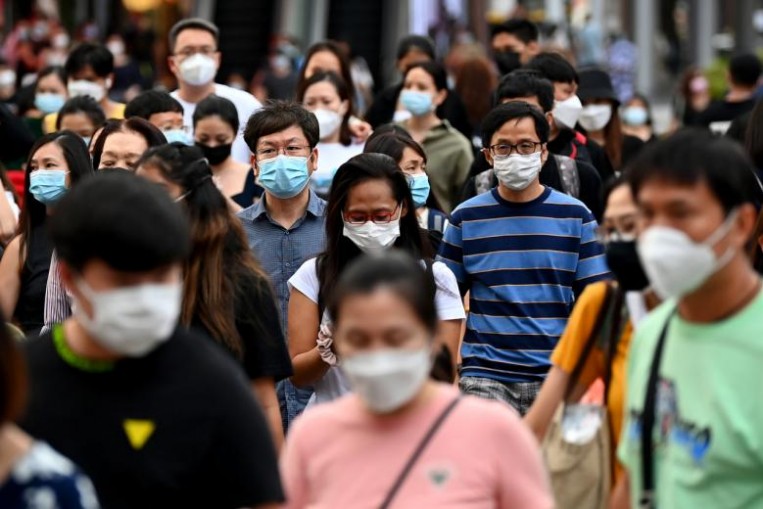From 13 February 2023, Singapore will step down the following community measures:
1.Stepping Down Community Measures
a.Mask-Wearing
Mask-wearing on public transport and indoor healthcare and residential care settings will no longer be required under the temporary COVID-19 regulations.
However, the Ministry of Health (MOH) will retain the practice of mask-wearing for visitors, staff and patients in healthcare and residential care settings, where there is interaction with patients and in indoor patient-facing areas. Examples are hospital wards, clinics and nursing homes. This will be a MOH requirement rather than mandated under the COVID-19 regulations. This is to better protect patients and healthcare workers from infectious diseases in general.
b. Revised Health Advisory
Singapore will stand down Protocols 1-2-3 from 13 February 2023. Henceforth, unwell or infected persons should follow the updated general advisory as follows:
- Medically vulnerable persons (i.e. seniors and those with chronic medical conditions) that have Acute Respiratory Infection (ARI) symptoms, as well as persons with severe, prolonged or worsening ARI symptoms, should see a doctor. The updated advisory for persons who are at increased risk of severe COVID-19 can be found at this link.
- Persons with mild ARI symptoms should stay at home until symptoms resolve
- If there is a need to go out while symptomatic, or if asymptomatic but tested positive for COVID-19, we should exercise social responsibility – minimise social interactions, wear a mask, avoid crowded places, do not visit vulnerable settings such as hospitals and nursing homes, and do not have contact with vulnerable persons, such as the elderly.
c. Public Health Measures for Migrant Workers Living in Dormitories
From 1 March 2023, the Ministry of Manpower (MOM) will also align measures for migrant workers (MWs) living in dormitories with the new general advisory for the community. MWs with mild ARI symptoms may recover in their dormitory or see a doctor if they wish at any primary care provider clinic. COVID-19 tests will only be administered for symptomatic vulnerable MWs or those with severe ARI symptoms.
In addition, MWs who test positive for COVID-19 will not need to be conveyed to COVID-19 recovery facilities but may recover within their dormitories. MWs with more serious symptoms (e.g. shortness of breath, chest pain) will be conveyed to the emergency department of public healthcare institutions.
2. Stepping Down TraceTogether (TT) and SafeEntry (SE)
TT and SE served us well during the acute phase of the pandemic by accelerating our contact tracing efforts and enabling the implementation of community safe management measures. Over the past few months, as the pandemic situation stabilised, the Government has progressively stepped down TT and SE. We no longer require infected persons to submit TT data, SE data is no longer being collected, and MOH has deleted all identifiable TT and SE data from its servers and databases.
3. Regularising COVID-19 Financing Schemes
As we treat COVID-19 as an endemic disease, we will further scale back pandemic subsidies and re-align the provision of financing support for COVID-19 testing and treatment to that of other acute illnesses. The following changes will thus be implemented with effect from 1 April 2023[1]:
a) Hospitals and COVID-19 Treatment Facilities (CTFs). All patients, including Singapore Citizens, Permanent Residents and Long-Term Pass Holders (SCs/PRs/LTPHs) regardless of vaccination status, who visit a hospital or CTF for COVID-19 treatment will no longer be accorded 100% subsidy. Instead, our regular healthcare safety nets, namely, Government subsidies, MediShield Life and MediSave will apply to SCs and PRs and defray their healthcare expenses. We wish to assure lower income Singaporeans that financial assistance will be available to ensure that healthcare cost remains affordable.
b) Community Isolation Facilities (CIFs). CIFs will no longer be required for COVID-19, just as they are not required for other endemic diseases like influenza or chicken pox. Nevertheless, we will maintain some CIFs for COVID-19 patients who want to self-isolate for valid reasons. However, all occupants, including SCs/PRs/LTPHs, will be charged for their stay. As CIFs are not medical facilities, SCs and PRs will not be able to tap on Government subsidies, MediShield Life or MediSave to pay for their bills.
c) Primary care settings (Polyclinics and GP clinics). All patients will be required to pay for any COVID-19 testing, subject to prevailing subsidies.
4. Stepping Down Border Measures
From 13 February 2023, all non-fully vaccinated travellers entering Singapore will no longer be required to show proof of a negative Pre-Departure Test. Non-fully vaccinated Short Term Visitors will no longer be required to purchase COVID-19 travel insurance. However, the VTF will remain in place for reactivation if there are international developments of concern, such as new severe variants or signs that our healthcare capacity is strained by imported cases.

